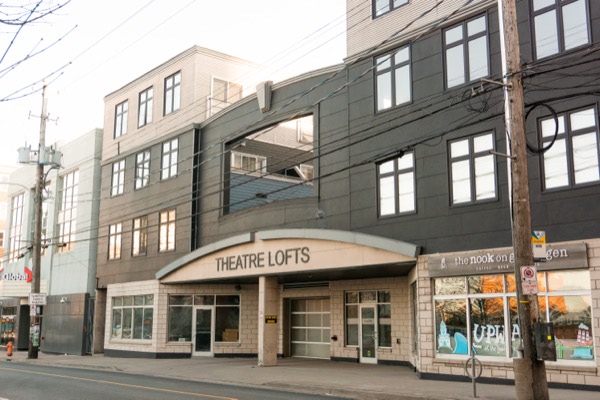You have secured your mortgage approval, but is it what you can truly afford? Here’s what you need to know.

A review of the common closing costs when purchasing a home
Are you getting ready to close on a new home purchase? This is an exciting milestone, and an important moment in buyers’ lives! However, it’s important to remember that buying a home comes with various costs beyond the property’s purchase price. These additional expenses, known as closing costs, can be easy to forget compared to the down payment you had to save, and your anticipated mortgage costs. In this blog, we’ll review some of the most common closing costs to help you get ready for your home buying journey. It’s always best to be prepared!
Home appraisal
One of the first closing costs you’ll encounter is the home appraisal fee. Lenders require a professional appraisal to determine the fair market value of the property you’re purchasing. This helps ensure that the loan amount you’re applying for matches the property’s worth. This protects your lender from financing more than the home’s value. The cost of a home appraisal can vary but typically ranges from $300 to $500. This fee is generally paid upfront and is non-refundable, even if the deal falls through. It’s essential to factor this cost into your budget early in the home buying process.
Home inspection
A home inspection is another crucial step in the home-buying process. While not always required by lenders, it’s highly recommended to identify any potential issues with the property before finalizing the purchase! A qualified home inspector will examine the property’s structure, electrical systems, plumbing, roof, and more. The cost of a home inspection usually ranges from $300 to $500, similar to an appraisal fee. However, if the inspector identifies significant problems, you may need to budget for additional inspections or repairs, or negotiate with the seller. Investing in a thorough home inspection can save you from costly surprises down the line.
Land transfer tax
Land transfer tax is a fee that comes into play when a property changes ownership. The amount of land transfer tax varies by location, with some regions having higher rates than others. For instance, in Halifax, the land transfer tax is 1.5 per cent of the home’s purchase price. However, first-time home buyers may qualify for a rebate or exemption, so it’s worth exploring any available programs in your area to reduce this cost!
Legal costs
Legal fees are another unavoidable closing cost when purchasing a home. Your real estate lawyer will handle the legal aspects of the transaction, prepare and review documents, and ensure the transfer of ownership is completed correctly. Legal costs can vary significantly, but on average, you can expect to pay between $800 and $1,500 for legal services.
Moving expenses
Once the deal is closed, you’ll need to move into your new home, and this comes with its own set of costs! Moving expenses can range widely depending on the distance of the move, the amount of belongings you have, and whether you hire professional movers or rent a moving truck. Hiring professional movers can cost anywhere from a few hundred to several thousand dollars, depending on the factors mentioned above. If you opt for a DIY move, you’ll need to consider the cost of renting a truck, fuel, and any packing supplies. It’s essential to budget for these expenses to ensure a smooth transition to your new home.
Ongoing utility payments
Finally, once you’re settled into your new home, you’ll need to consider the ongoing utility payments. These include electricity, water, gas, internet, and other essential services. Setting up these utilities often involves initial setup fees, and the monthly costs can vary based on your usage and local rates. It’s a good idea to research the average utility costs in your new area to get an estimate of what you’ll be paying each month. This will help you adjust your budget accordingly.
Understanding and preparing for closing costs is a critical part of the home buying process. By factoring in expenses such as a home appraisal, home inspection, land transfer tax, legal costs, moving expenses, and ongoing utility payments, you can ensure a smoother transition into your new home and avoid unexpected financial strain. Homeownership is a significant investment, and being prepared for all associated costs will allow you to enjoy your new home with peace of mind!
If you have any questions about your mortgage, get in touch with us at Clinton Wilkins Mortgage Team! You can call us at (902) 482-2770 or contact us here.


